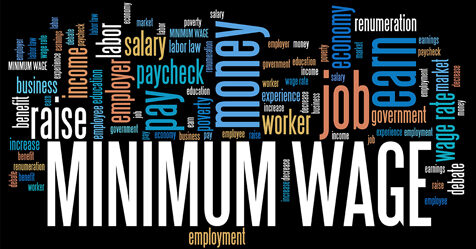Cleaning For a Reason Month Supports Cancer Patients
This April, Cleaning for a Reason, an ISSA Charity signature program, invites cleaning professionals to make a difference and become a partner during Cleaning for a Reason Month, a celebration of events raising awareness and support for cancer patients needing a clean, healthy home. Cleaning for a Reason provides free home cleaning for patients battling cancer. The charity’s goal is to remove the burden of cleaning and allow those recovering from surgery, in active treatment, or in hospice to focus on their health and spend valuable time with loved ones
The charity aims to shed light on the challenges cancer patients face, such as the stress and burden of maintaining a clean home while going through treatment. Cleaning for a Reason hopes to help to spread awareness and encourage people to donate to its cause.
For example, when Charlotte Carson was diagnosed with breast cancer, she found hope and support through Cleaning for a Reason’s cleaning services. “Without these programs, not only your mental health but your physical health can suffer,” Carson said. “The day the cleaning tech is there and I know everything is taken care of is a huge relief.”
This April, Cleaning for a Reason invites you to make a difference and participate in Cleaning for a Reason Month, a celebration of events raising awareness and support for cancer patients needing a clean, healthy home. For more information, click here.

